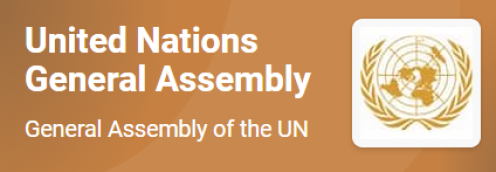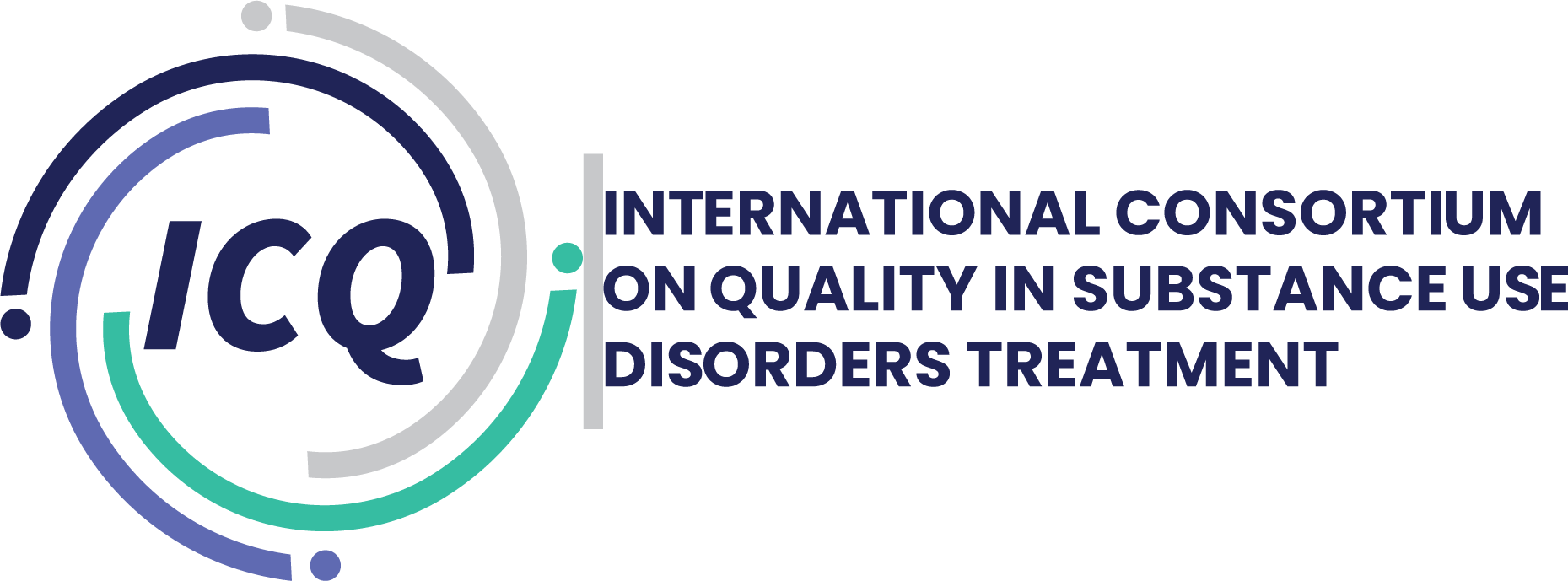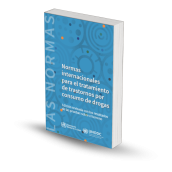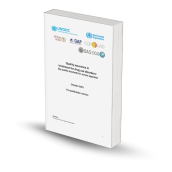
International Consortium on Quality in Substance Use Disorders Treatment
The Challenge
In 2020, the United Nations Office on Drugs and Crime (UNODC) reported that over 284 million individuals worldwide engaged in drug use, with approximately 38.6 million struggling with substance use disorders (SUDs). Unfortunately, access to treatment services remains inadequate, with only one in eleven individuals with SUDs having access to treatment services.
The UNODC report highlights that the “right to health is an internationally recognized human right that belongs to all human beings, regardless of a person’s drug use status or whether a person is imprisoned, detained or incarcerated.”
Moreover, some commonly used treatment interventions for managing SUDs lack scientific evidence. These interventions may be ineffective or even harmful. Consequently, addressing the treatment gap is not solely about expanding access but also improving the quality of care provided to those with SUDs.

UN Member States commit to the implementation of UNODC/WHO Treatment Standards and development of QA mechanisms
| General Assembly (2016): Promote and implement the standards on the treatment of drug use disorders developed by UNODC and WHO (...) And consider developing standards and accreditation for services at the domestic level. |

|
| CND (2021): Encourages Member States to develop quality assurance mechanisms for (…) treatment with a view to ensuring continuous quality improvement (…) to prevent inhuman or degrading treatment and requested UNODC to provide technical assistance. |

|
ICQ: International Consortium on Quality in Substance Use Disorders Treatment
ICQ is a recently established international organization with a mission to team up with global partners and key organizations to work towards helping countries improve the quality of SUDs in line with the latest international guidelines. There are numerous global efforts working on this, and ICQ is building on this momentum because:
- Untreated SUDs, especially dependence, bring about significant costs to countries, affecting individuals, families, and communities, and resulting in a substantial economic burden.
- SUDs can be successfully treated.
- Treatment becomes cost-effective when it is high-quality and tailored to individual needs.
- Offering effective treatment within a well-coordinated system is an investment in the health of those with SUDs and their communities and countries.
- Planned and adequately funded quality systems for SUDs are essential, involving all local stakeholders to drive the necessary change.
Supports Available
Quality in systems of care and services will be developed and sustained through support from two international initiatives:
- International Consortium on Quality in Substance Use Disorders Treatment (ICQ)
- Program for International Quality Assurance in Treatment (PIQAT)
Both initiatives promote quality through peer-led quality assurance mechanisms, training, mentoring and technical assistance to countries Quality Assurance (QA) agencies. They aim to recognize quality treatment in line with international standards and help countries apply and obtain the international Quality Seal award. Technical assistance is also provided to improve and sustain quality assurance in countries (PIQAT) through collaborations with Colombo Plan, OAS/CICAD, and UNODC.

Through ICQ and PIQAT, countries integrate and sustain quality assurance in their treatment systems and services by implementing continuous improvement processes aligned with international standards. The diagram below illustrates this relationship, and emphasizes the need for quality in both.





